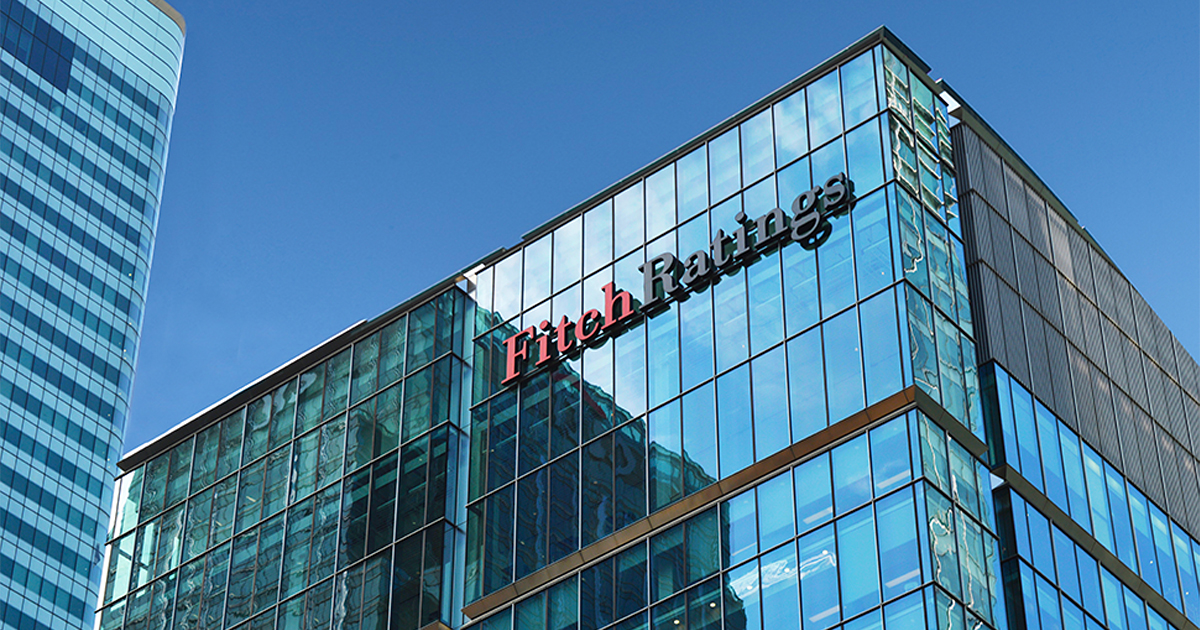Fitch Ratings – London – 28 Jan 2021: Fitch Ratings has assigned Ecobank Nigeria Limited (ENG) a Long-Term Issuer Default Rating (IDR) of ‘B-‘ with a Stable Outlook, Viability Rating (VR) of ‘b-‘ and National Long-Term Rating of ‘BBB (nga)’. A full list of ratings is below. KEY RATING DRIVERS
IDRS and VR
ENG’s IDRs are driven by its standalone creditworthiness, as expressed by its Viability Rating (VR). The VR reflects the constraint of Nigeria’s challenging operating environment, the bank’s very high impaired loan ratio, weak profitability and modest core capital buffers. This is balanced by company profile strengths as well as a solid funding profile and good foreign-currency liquidity, which is enhanced by prudent liquidity management by the Ecobank group.
The Stable Outlook on ENG’s Long-Term IDR reflects our view that the bank has sufficient headroom at its current rating to absorb moderate shocks from sustained downside risks to the operating environment, the heightened level of risk in doing banking business in Nigeria and the ensuing risks to its financial performance (particularly asset quality) over the next 12-18 months. The Stable Outlook also reflects our expectations that capitalisation will remain resilient over this period with the bank maintaining adequate buffers over the minimum regulatory requirements.
The VR benefits from ENG’s company profile strengths of being part of the leading pan-African Ecobank group. ENG is a 100% owned subsidiary of Ecobank Transnational Incorporated (ETI; B-/Stable). ETI is a regional bank holding company with fully-fledged banking subsidiaries in 33 African countries (collectively the group). The group also has a banking license in France and representative offices in Addis Ababa, Johannesburg, Beijing, London, and Dubai. The group’s operations are highly integrated, with all entities connected to a common operating platform and risk management framework, and common branding.
ENG is a material subsidiary for ETI, and its largest single entity, contributing to 23% of group assets at end-9M20. ETI continues to implement a turnaround strategy at ENG, having deleveraged and de-risked the bank in recent years, although it returned to growth in 2020 and plans above-sector-average loan growth in the medium term. Management quality is a relative strength with ETI appointing experienced bankers to ENG’s senior team.
Asset quality is the key rating weakness. ENG’s impaired (IFRS 9 Stage 3) loans ratio stood at 21.7% at end-9M20, (end-2019: 23.9%), the highest among banks under our coverage in Nigeria, mainly reflecting disproportionally high exposure to the oil and […]
